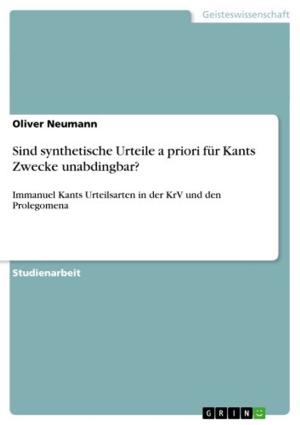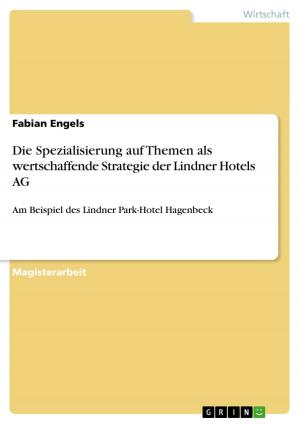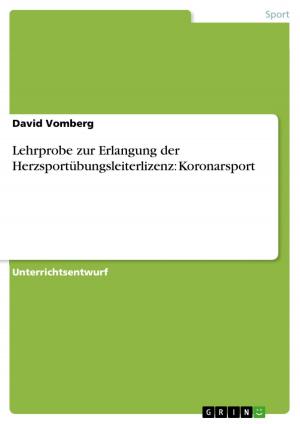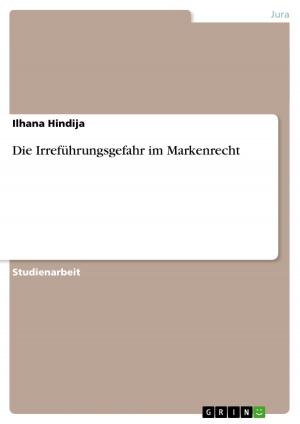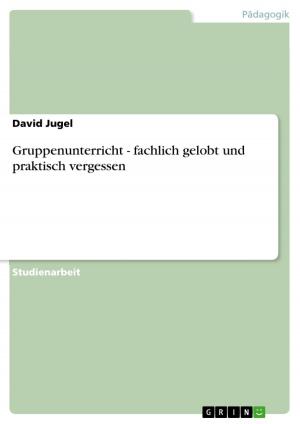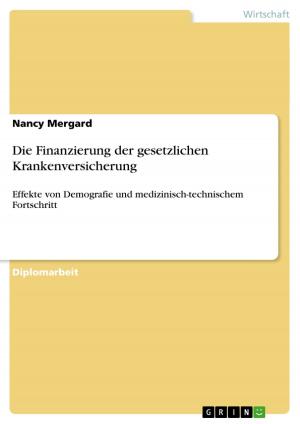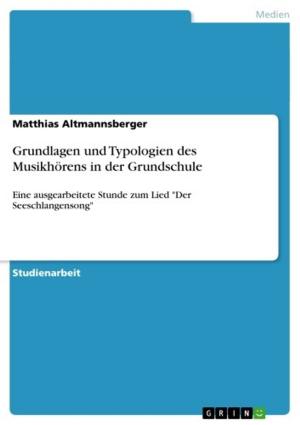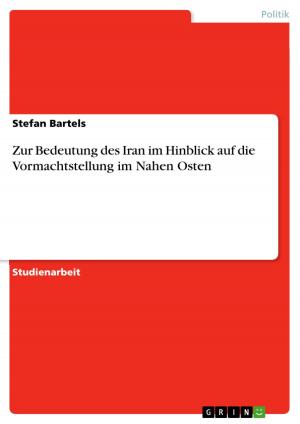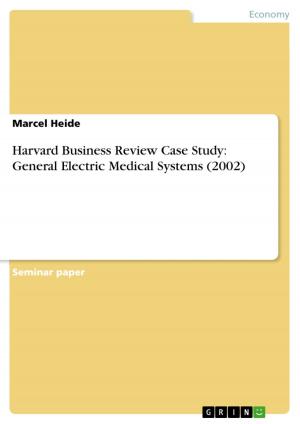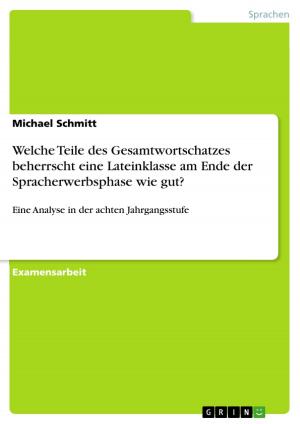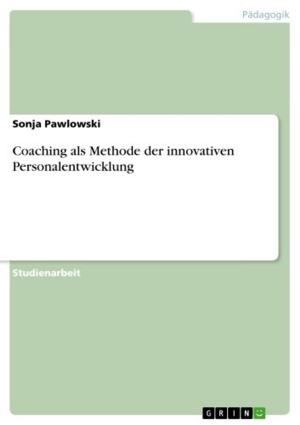| Author: | Benedikt-Peter Fecher | ISBN: | 9783640381012 |
| Publisher: | GRIN Verlag | Publication: | July 22, 2009 |
| Imprint: | GRIN Verlag | Language: | German |
| Author: | Benedikt-Peter Fecher |
| ISBN: | 9783640381012 |
| Publisher: | GRIN Verlag |
| Publication: | July 22, 2009 |
| Imprint: | GRIN Verlag |
| Language: | German |
Studienarbeit aus dem Jahr 2008 im Fachbereich VWL - Mikroökonomie, allgemein, Note: 1,3, Universität Erfurt (Staatswissenschaften - Wirtschaftswissenschaften), Veranstaltung: Applied Microeconomics, Sprache: Deutsch, Abstract: According to a recent study from the Nielsen Media Research, only 2.9 per cent of the whole advertising budget in Germany was spent in Internet Marketing in 2006. A number that is -compared to TV (34.7 per cent) and print media (39.8 per cent) - still relatively small. Yet the market for Internet Advertising marginally records a significant growth within the last years. In 2001 the online spendings totalled up to 211 million Euros. Five years later this number already increased threefold to 692 million Euros. Considering the rapid spread and growing importance of the Internet it is foreseeable that also the market for Internet Advertising will further expand - posing therefore new challenges not only to advertisers. From the economic perspective the question appears if classical approaches and assumptions also apply for the market of Internet Advertising. The paper surveys Internet Advertising in general. It observes the historical development of Internet Advertising, compares search goods and experience goods, distinguishes in this respect informational from persuasive advertising and finally defines factors that influence the welfare of society.
Studienarbeit aus dem Jahr 2008 im Fachbereich VWL - Mikroökonomie, allgemein, Note: 1,3, Universität Erfurt (Staatswissenschaften - Wirtschaftswissenschaften), Veranstaltung: Applied Microeconomics, Sprache: Deutsch, Abstract: According to a recent study from the Nielsen Media Research, only 2.9 per cent of the whole advertising budget in Germany was spent in Internet Marketing in 2006. A number that is -compared to TV (34.7 per cent) and print media (39.8 per cent) - still relatively small. Yet the market for Internet Advertising marginally records a significant growth within the last years. In 2001 the online spendings totalled up to 211 million Euros. Five years later this number already increased threefold to 692 million Euros. Considering the rapid spread and growing importance of the Internet it is foreseeable that also the market for Internet Advertising will further expand - posing therefore new challenges not only to advertisers. From the economic perspective the question appears if classical approaches and assumptions also apply for the market of Internet Advertising. The paper surveys Internet Advertising in general. It observes the historical development of Internet Advertising, compares search goods and experience goods, distinguishes in this respect informational from persuasive advertising and finally defines factors that influence the welfare of society.


